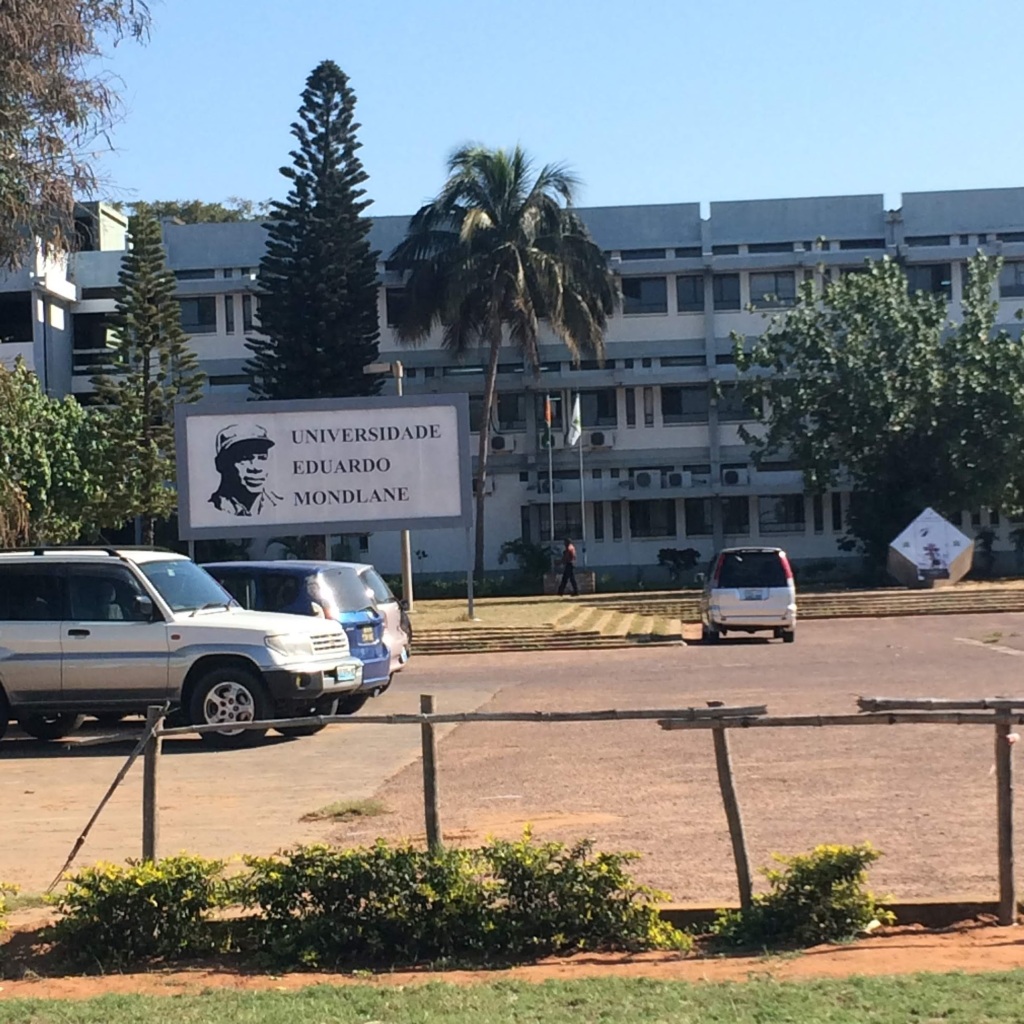 Eduardo Mondlane University, Maputo, Mozambique. Photo P. Klintenberg, 2019
Eduardo Mondlane University, Maputo, Mozambique. Photo P. Klintenberg, 2019
According to plan I should have been in Maputo now, busy lecturing and interacting with a group of students taking a course in Resource Assessment as part of a MSc programme in Environmental Engineering at Eduardo Mondlane University in Maputo, Mozambique.
The current situation with both UEM and my home university Malardalen University in Sweden being closed for campus based teaching and no international travel, have forced us all to go 100% digital when teaching and interacting with colleagues.
Yesterday my two colleagues at UEM and I facilitated an online seminar with the MSc students. At the seminar the students presented their findings from an assignment aimed to investigate different techno-economic methods for planning establishment of renewable energy systems in rural Mozambique.
This post is not so much about the findings that the students presented, but a reflection over our remarkable ability to adapt and adjust to unforeseen situations. It is amazing how we can continue business as usual under these extra-ordinary times, with the world being in more or less lock down and most services being closed, no flights, no physical meetings, and social distancing.
The students connected to yesterday’s online seminar from their homes in and around Maputo, using smartphones, tablets and laptops, and I connected from my kitchen table in Sweden. Presentations were given, shared from the screen of an iPhone or a tablet, results were discussed, and professors made their comments and recommendations.
Isn’t that just fantastic? More than two hours of meaningful interactions, a world apart.
After the seminar was over I found myself reflecting over the original plan. I would have spent about 24 hours just to transport myself from Sweden to Mozambique. Several hours would have been spent getting through immigrations, and from there to the hotel, several taxi trips to and from University, and then another 24 hours in transit from Mozambique to Sweden again.
Yes, I am the first to argue that we need to meet and interact with students and colleagues on site, especially in Maputo, with its warm people and fantastic climate. However, when it comes to efficiency, it is hard to beat about two hours real time on-line interaction when compared to at least four days of traveling. No over-priced food and drinks in crowded, and rather unpleasant airports, no long painful hours stuffed in a miserable seat in a fully booked Airbus trying to catch some sleep, but failing miserably.
Another result of yesterday’s online seminar (and the ongoing travel ban) is that I have drastically reduced my carbon footprint. My planned trip to Maputo would have released enormous amounts of carbon dioxide into the atmosphere. Something I always been able to justify in the past. However, now we see the effects of this travel ban on the air quality in places like Calcutta and other mega cities where people now can see a blue sky for the first time in many many years.
This shows that our actions actually have an impact, we can make a difference!
These insights make yesterday’s online seminar so significant, it has convinced me that it is possible to seriously reduce our carbon footprint without loosing out on the fun stuff, that is, to have meaningful, rewarding and engaging interactions with our students and colleagues all over the world, even when we have to stay put and keep social distancing!